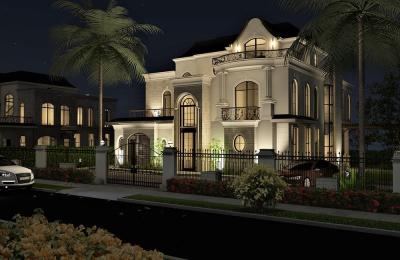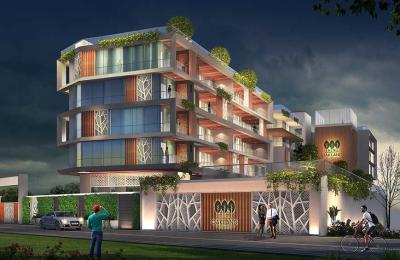Nairobi’s Luxury Real Estate Boom: Key Trends for 2024/2025

1. Rising Demand from High-Net-Worth Individuals
The number of wealthy Kenyans is increasing, along with demand for luxury properties. As of 2023, Nairobi was ranked as the fourth wealthiest city in Africa, and Kenya is projected to see an increase in high-net-worth individuals over the next decade. This wealthy class, along with an influx of affluent expatriates and Africans from the diaspora, continues to drive demand for exclusive properties in the city
2. Prime Areas for Development
Neighborhoods like Lavington, Karen, Kilimani, and Kitisuru are top choices for luxury developments, as they offer not only spacious properties but also access to modern amenities, security, and privacy. These areas have seen significant infrastructure upgrades, including better roads, upscale shopping centers, and international schools, enhancing their appeal. Key areas such as Westlands and Upper Hill are also transforming into prime zones for high-end property as new projects reshape Nairobi’s skyline
3. Influences from Global Luxury Real Estate Markets
Nairobi’s high-end real estate market now rivals or even outpaces cities like London and New York in terms of price growth. In 2023, Nairobi ranked ninth in Knight Frank’s Prime Global Cities Index, highlighting its growth trajectory on a global scale. Despite economic challenges worldwide, Nairobi has remained resilient, with demand for luxury homes rising. This trend is fueled by a combination of strategic government investments, attractive returns for property investors, and Kenya's position as a key business hub in East Africa.
4. Focus on Sustainability and Smart Homes
Modern luxury buyers are increasingly interested in sustainable, tech-equipped homes. Developers are responding by integrating smart home technology and eco-friendly features like solar power, rainwater harvesting, and energy-efficient appliances. These enhancements not only align with global trends but also appeal to younger, eco-conscious buyers looking to invest in sustainable property options that don’t compromise on luxury.
5. The Role of Foreign Investments and Tourism
Foreign investment, especially from wealthy African Americans and British expatriates, is contributing to the luxury property boom in Nairobi. With Kenya’s robust tourism sector and global visibility, many foreigners view Nairobi as an appealing city for either primary or vacation homes. Additionally, the government has been active in promoting Nairobi as a business and lifestyle destination, which further increases the flow of foreign buyers into the market.
6. Increasing Interest in Premium Property Features
Today's luxury buyers seek properties with high-end amenities such as expansive balconies, private pools, wine cellars, and smart home features. Properties with added entertainment rooms, private gyms, and even home theaters are in high demand. Developers are also creating sophisticated community spaces within luxury estates, adding recreational facilities that cater to the lifestyle needs of wealthy families.
Nairobi’s luxury real estate market is thriving, with 2025 set to be a year of continued growth. The city’s affluent population, improvements in infrastructure, sustainable building practices, and a strong appeal to foreign investors all contribute to this boom. As Nairobi solidifies its position on the global luxury map, investors can expect an exciting year ahead in Kenya’s high-end real estate market.
For those interested in this sector, Nairobi’s blend of luxury, convenience, and growth potential makes it a unique and promising market to watch in 2025.
News insight
 Nov 11, 2024
Nov 11, 2024
The Role of Expatriates in Driving Demand for Luxury Homes in Kenya
Kenya’s luxury real estate sector has experienced remarkable growth in recent years, with expatriate...
 Nov 11, 2024
Nov 11, 2024
Real Estate Market Forecast: What to Expect in 2025
The global luxury real estate market is set for significant shifts as we approach 2025. Economic tre...
 Aug 23, 2024
Aug 23, 2024
Unlocking the Secrets of Land Ownership in Kenya: A Guide to Title Deeds
In Kenya, a title deed is a legal document that serves as proof of ownership for a piece of land. It...

